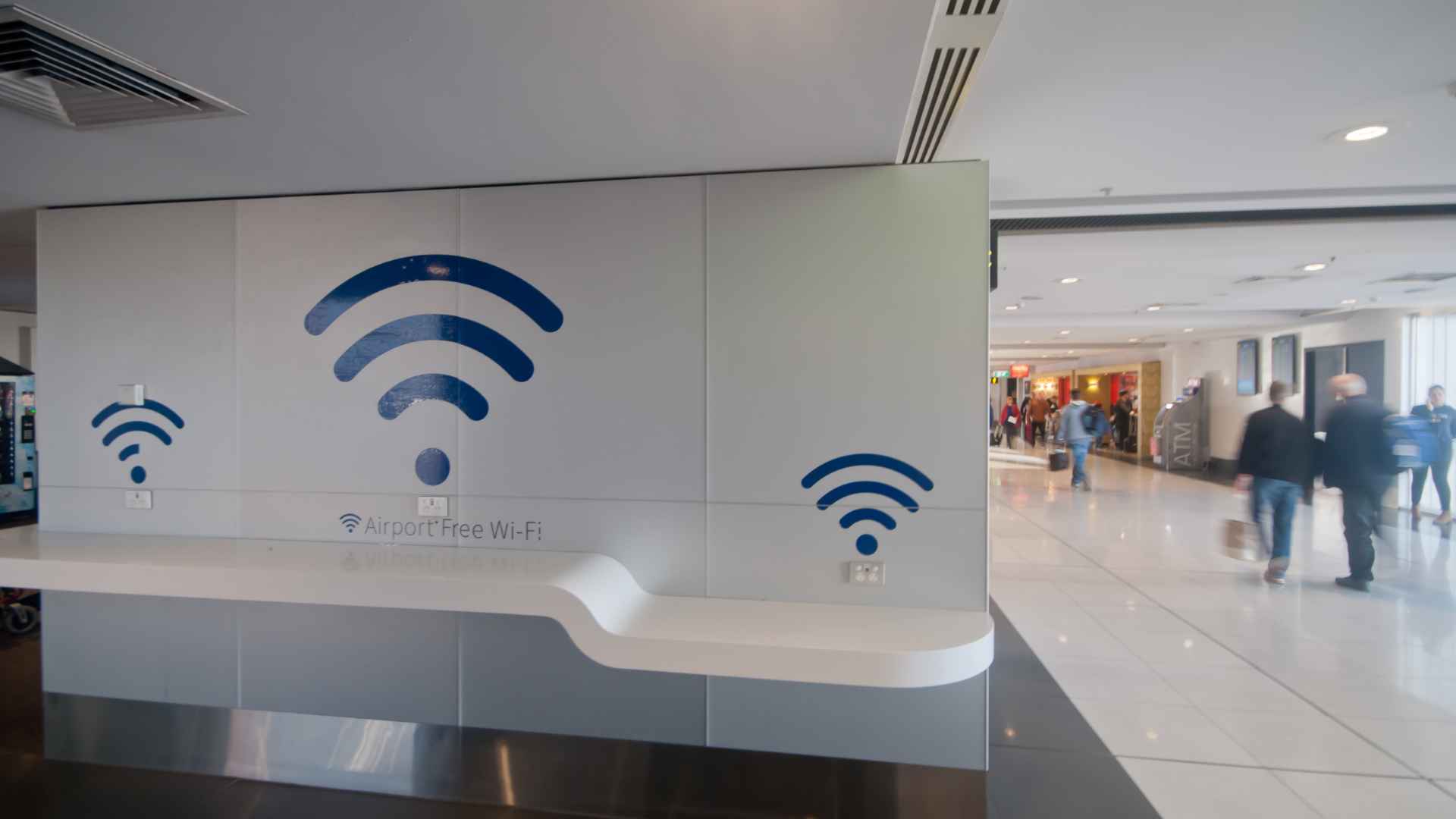TSA holiday travel alert: skip public chargers and free airport WiFiAhead of the busiest travel weeks of the year, the Transportation Security Administration urges passengers to guard their phones against juice‑jacking cables and risky networks.
If you are packing your bags, the TSA wants you to pack caution too. The agency’s fresh bulletin warns that plugging a phone straight into a public USB port or jumping on the airport’s free WiFi could gift hackers exactly what they crave—your data, passwords, and payment details.
Why the TSA says public USB charging ports could compromise your phone
Ever plugged in at the gate without thinking? That innocent port may hide malicious code designed to hijack your device, a scam known as “juice jacking.” The TSA now recommends bringing a personal wall adapter, TSA‑approved power bank, or old‑fashioned AC outlet cable instead. By keeping the charging brick between the port and your handset, you sever the data pins attackers exploit. Below, high‑risk charging spots and safer alternatives:
| Location | Safer alternative |
|---|---|
| Gate seating areas | Use your own AC adapter at a standard outlet |
| Airport lounges | Charge from a personal power bank |
| Hotel bedside ports | Connect through a wall socket with your charger |
| Mall food courts | Stick to battery packs you control |
These simple swaps cut the attacker’s USB lifeline while still topping up your battery.
Public WiFi is safer than before, yet these risks still demand caution
“Don’t use free public WiFi,” the TSA bluntly advises. Confused? Encryption has indeed improved, but open networks remain prime hunting grounds for fake login pages and rogue hotspots. The Federal Trade Commission notes that encrypted sites reduce danger; however, travelers who shop online or access banking apps still expose session cookies that criminals can harvest.
Consider these smart moves before you tap “Connect”:
- Disable automatic connections to unfamiliar networks.
- Double‑check the network name with airport signage.
- Keep software updates current to patch known exploits.
- Save online purchases for a secure, cellular connection or trusted home WiFi.
Sound paranoid? Maybe, but mobile‑security firm Zimperium recently logged more than five million unsecured hotspots worldwide since early 2025 and says one‑third of users connect anyway.
Simple steps every holiday traveler can take to keep data truly secure
First, carry a TSA‑compliant power brick and charging cable you trust. Second, treat free WiFi like a crowded street—look both ways. Use a reputable paid VPN if you must transact, and never install apps or click pop‑ups pushed by the captive portal. Finally, turn off file sharing and forget networks when you land; that way, your phone does not reconnect the next time you pass through.
With a few habits—and a dash of skepticism—you can enjoy that layover latte without handing over your digital life.

